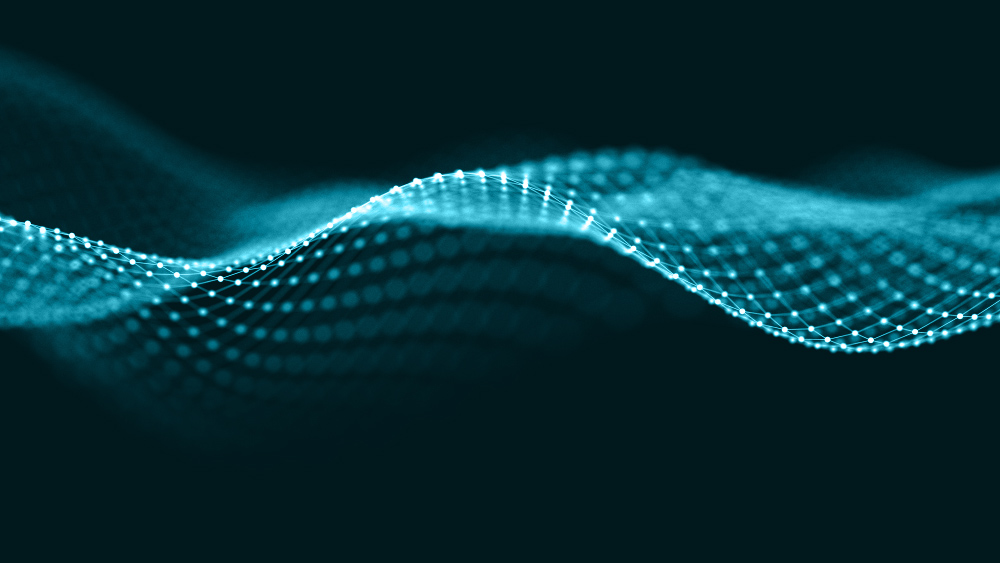Thursday 26 January 2023
Through a series of talks and a round table, this day long workshop delved into the challenges and opportunities that AI offers to the management and use of digital born archives.
The workshop was an hybrid event (in London and online).
Invited speakers included Professor Stephanie Decker and Dr Adam Nix from the University of Birmingham; Dr Jenny Bunn from The National Archives and University College London; and Dr Tony Russell-Rose from Goldsmiths University.
PLEASE SCROLL DOWN FOR ABSTRACTS, VIDEOS AND SLIDES.
Finding light in dark archives: Using AI to connect context and content in email.
Professor Stephanie Decker and Dr Adam Nix (University of Birmingham).
The practice of digital archival discovery is still emerging, and the approaches future research will take when using digital sources remain unclear. Archival practice has been shaped by paper-based, pre-digital sources and guides assumptions around how researchers will access and make use of such collections. Paradoxically, dealing with the increasing relevance of born-digital records is not helped by the fact that many born-digital collections remain dark, in part while questions of how they should be effectively made available are answered. Our research takes a user perspective on discovery within born-digital archives and seeks to promote more meaningful access to born-digital archives for researchers. In doing so, our work deals with the implications that unfamiliar archival technologies (including artificial intelligence) have on disciplinary traditions in the humanities and social science, with a specific focus on historical and qualitative approaches.
Our work in this area currently focuses on the issue of context within organisational email, and the challenges of searching and interpreting large bodies of email data. We are particularly interested in how effective machine-assisted search and multiple pathways for discovery can be used to open contextually opaque collections. Such access is likely to leverage a collection’s structural and content characteristics, as well as targeted archival selection and categorisation. We ultimately suggest that by combining relatively open user-led interfaces with pre-selective material, digital archives can provide environments suited to both the translation of existing research practices and the integration of more novel opportunities for discovery. Our presentation will summarise our progress in this area and reflect on the technical and methodological questions our work here has raised.
Putting principle into practice: Transparency, recordkeeping and AI.
Dr Jenny Bunn (The National Archives and University College London).
At the level of principle it is difficult to argue against the inherent good-ness of ideals such as transparency, accountability and fairness, but they have never been easy to put into practice. The increasingly advanced assistance technologies, generally placed under the label of AI, can now offer us further complicate this picture; offering as they do new possibilities for us to distance ourselves from both the consequences of our decisions and the very making of them. Recordkeeping has long acted to bridge this distance and this presentation will consider the new forms it may need to take to continue to ensure that accounts are rendered and explanations offered in the enduring spirit of transparency.
Searching, fast and slow: rethinking the query builder paradigm.
Dr Tony Russell-Rose (Reader in Computer Science, Goldsmiths University).
Knowledge workers such as information professionals, legal researchers and librarians need to create and execute search strategies that are comprehensive, transparent, and reproducible. The traditional solution is to use command-line query builders offered by proprietary database vendors. However, these are based on a paradigm that dates from the days when databases could be accessed only via text-based terminals and command-line syntax. In this talk, we explore alternative approaches based on a visual paradigm in which users express concepts as objects on an interactive canvas. This offers a more intuitive UX that eliminates error, makes the query semantics more transparent, and offers new ways to collaborate and share best practices.
Ethics for AI and Government Records
Roundtable with Dr Lise Jaillant, Dr Adam Nix, Prof. Stephanie Decker and Dr Jenny Bunn
AI AI and Archives AI Ethics born-digital archives Dark archives email archives lunchtime online talk Open Data recordkeeping Records Management search interface transparency UX
